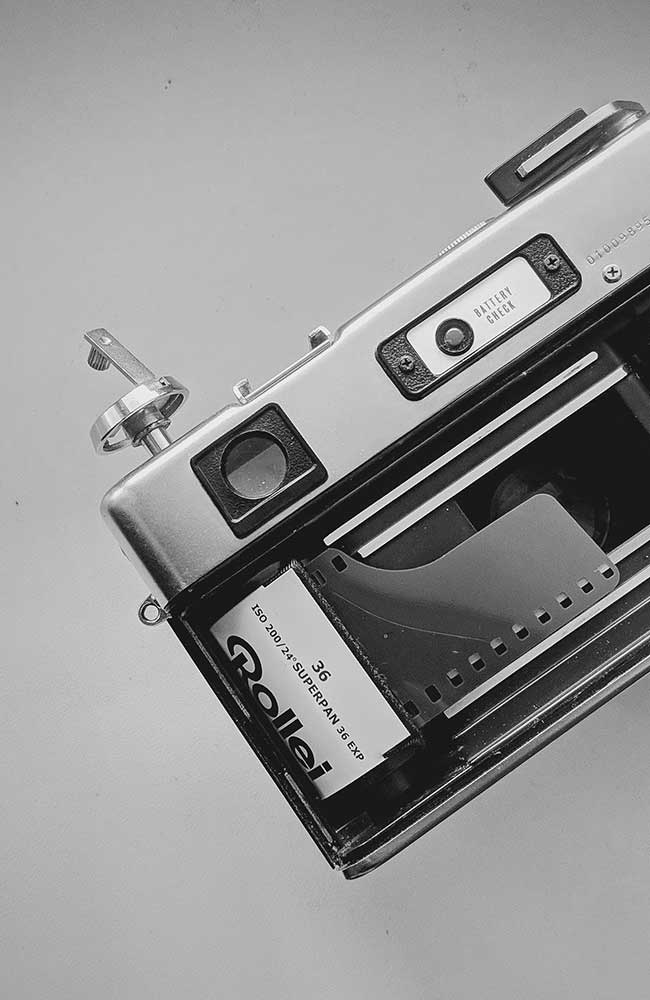Ultimate Guide to Driving in Namibia: Tips, Rules, and Off-Road Adventures
Driving through Namibia is an unparalleled experience, offering breathtaking landscapes, vast deserts, and stunning wildlife. Whether you’re cruising through the desert or exploring off-grid locations, proper preparation and knowledge are essential for a safe and enjoyable journey. This guide provides comprehensive tips, regulations, and advice to ensure your road trip through Namibia is the adventure of a lifetime.
Essential Tips for Driving in Namibia
Vehicle Preparation and Maintenance
Before setting off, ensure your vehicle is in excellent condition. A 4×4 vehicle is highly recommended for navigating Namibia’s diverse terrain, including sandy deserts and gravel roads. Regularly check your tires, brakes, and fluid levels. Carry spare tires, a jack, and essential tools for minor repairs.
Fuel and Supplies
Fuel stations can be sparse in remote areas, so fill up your tank whenever you have the chance. Carry extra fuel in jerry cans, especially when venturing into the desert or off-grid locations. Additionally, stock up on water, food, and emergency supplies such as a first aid kit and a satellite phone for areas with no mobile coverage.
Driving Through the Desert
Driving in the Namib Desert requires special attention:
- Stay on Tracks: Stick to established tracks to avoid getting stuck in soft sand.
- Tire Pressure: Reduce tire pressure to increase traction on sandy surfaces. Remember to reinflate them when back on solid ground.
- Speed and Momentum: Maintain a steady speed and avoid sudden stops to prevent sinking into the sand.
If you get stuck, don’t panic. Clear the sand around your tires, place traction aids like mats or branches under the wheels, and gently accelerate to gain momentum.
Navigating Gravel and Dirt Roads
Namibia’s gravel roads can be challenging:
- Speed Control: Keep your speed in check to avoid skidding on loose gravel. Most accidents occur due to excessive speed.
- Watch for Wildlife: Animals often cross roads unexpectedly. Stay vigilant, especially during dawn and dusk.
- Dust Clouds: Maintain a safe distance from vehicles ahead to avoid reduced visibility from dust clouds.
What to expect






Iculis posuere proident vero quaerat exercitation numquam! Corporis suscipit gravida quisquam.


Rules and Regulations
Driving Licenses and Permits
You’ll need a valid driving license from your home country. An international driving permit is recommended but not mandatory. Ensure your rental car documents are in order.
Traffic Rules
Namibia drives on the left side of the road. Adhere to speed limits: 60 km/h in towns, 80 km/h on gravel roads, and 120 km/h on tarred highways. Seat belts are mandatory for all passengers. Use headlights at all times on gravel roads to increase visibility.
Road Signs and Signals
Pay attention to road signs. Namibia has clear signage, but some areas may have fewer signals, especially in remote regions. Yield to wildlife and livestock crossing the roads.
Safety and Emergency Tips
Stay Connected
Inform someone about your travel plans and expected arrival times. Check in regularly if possible. Carry a satellite phone for emergencies in areas without mobile coverage.
Emergency Procedures
In case of a breakdown, stay with your vehicle. It’s easier for rescuers to spot a stationary vehicle than a lone individual. Use reflective triangles and hazard lights to signal for help.
Wildlife Safety
Avoid driving at night due to increased wildlife activity. If you encounter animals on the road, slow down and give them space. Never attempt to drive around large animals like elephants or rhinos.
Off-Grid Adventures
Exploring off-grid places in Namibia, such as Skeleton Coast, Damaraland, or Kaokoland, requires additional precautions:
- Detailed Maps and GPS: Have reliable maps and a GPS device. Don’t rely solely on mobile navigation apps due to limited coverage.
- Travel in Convoys: If possible, travel with another vehicle. This provides backup in case of emergencies.
- Respect Local Communities: When traveling through areas inhabited by local tribes, respect their customs and land. Seek permission before entering private lands.
What it's Like
In essence, driving in Namibia is about embracing the spirit of adventure and the freedom to explore one of the most stunning landscapes on Earth. The journey itself becomes a highlight, filled with discovery, wonder, and the joy of the open road. So gear up, stay prepared, and get ready for the road trip of a lifetime in Namibia.
